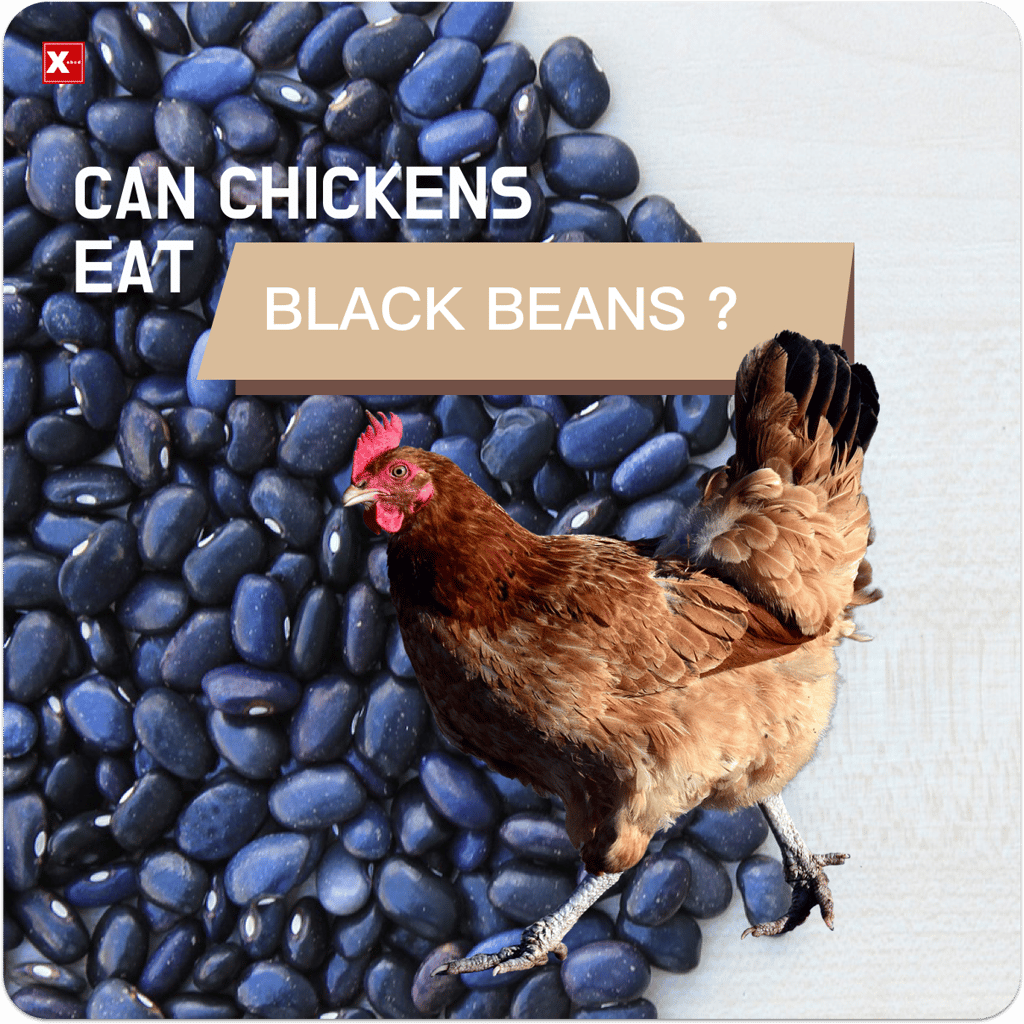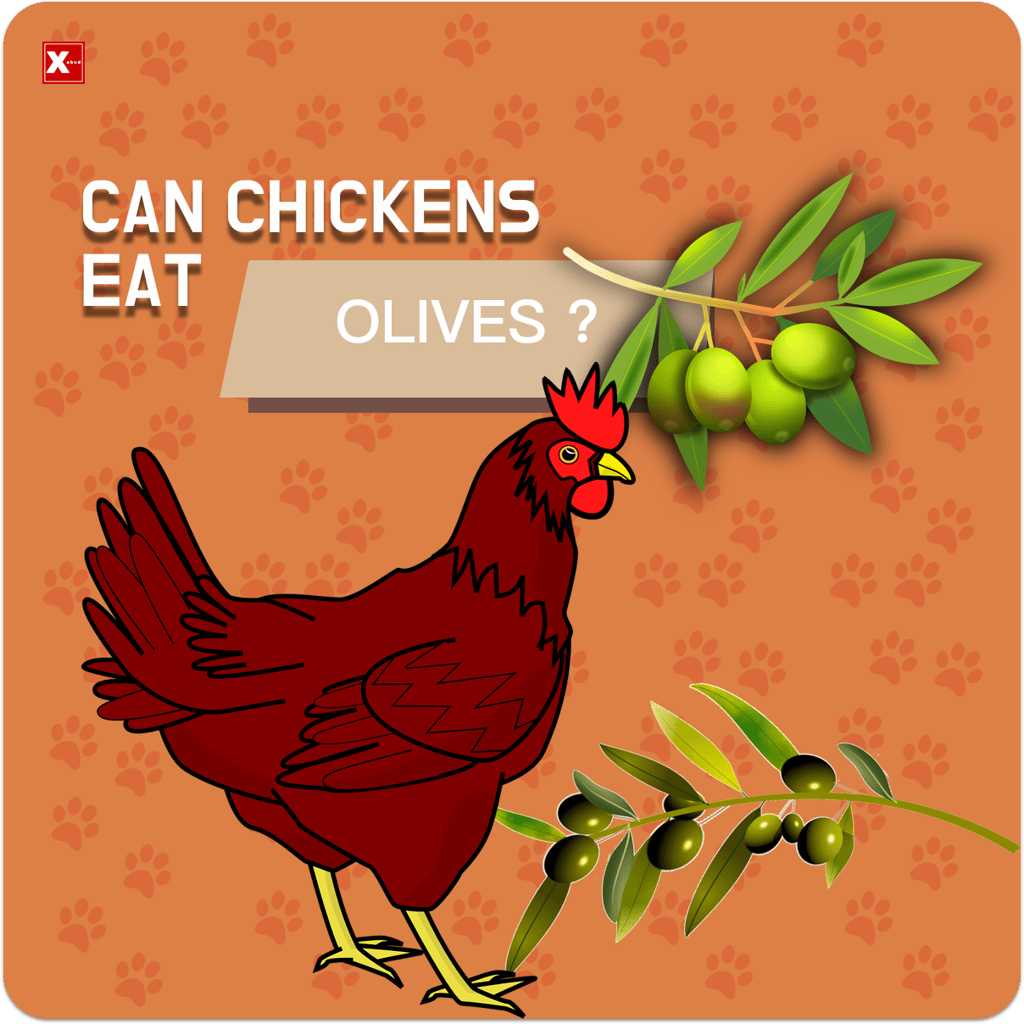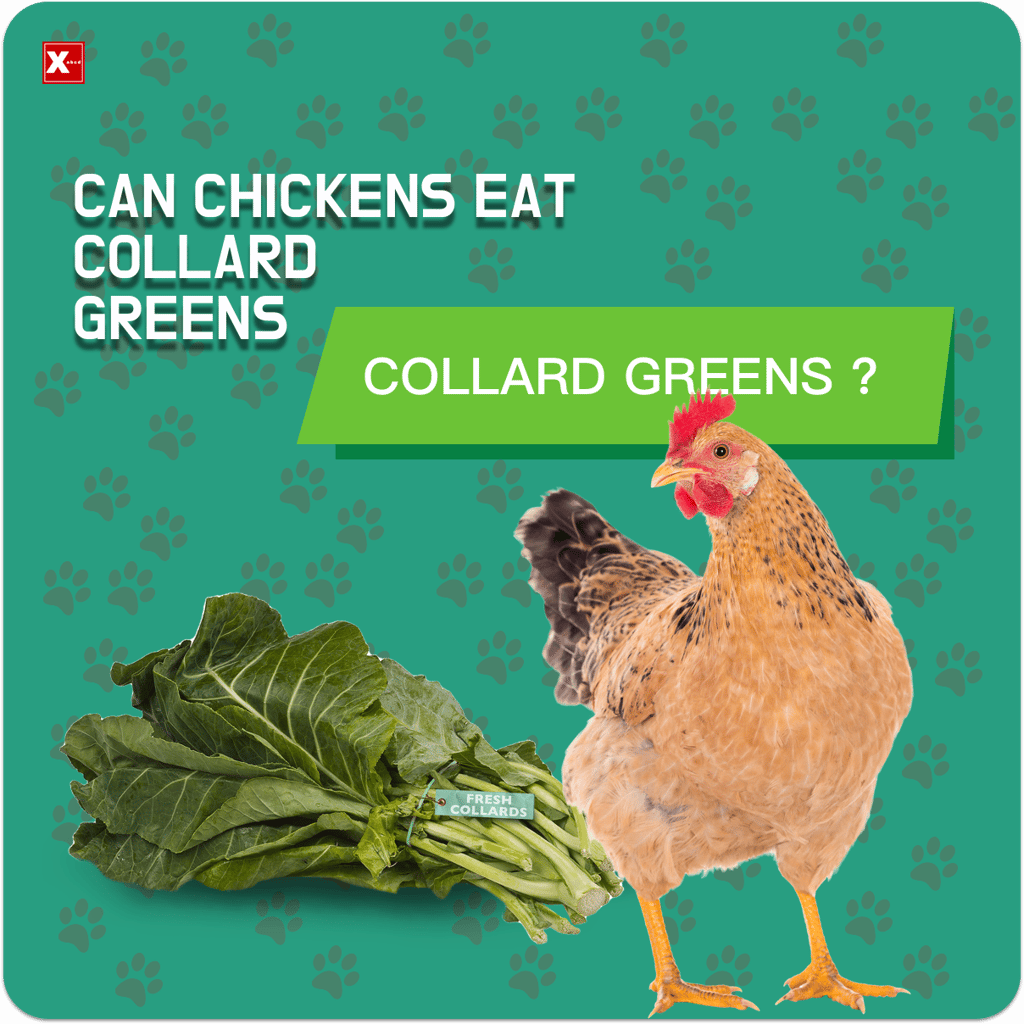Can chickens eat pecans? Yes, they can. However, it's essential to understand the nutritional value of pecans for chickens and the potential risks associated with feeding them this treat. This article will provide you with the necessary information to ensure the well-being of your feathered friends when incorporating pecans into their diet. Let's explore the benefits, risks, signs of toxicity, safe practices, and alternative options for chicken treats.
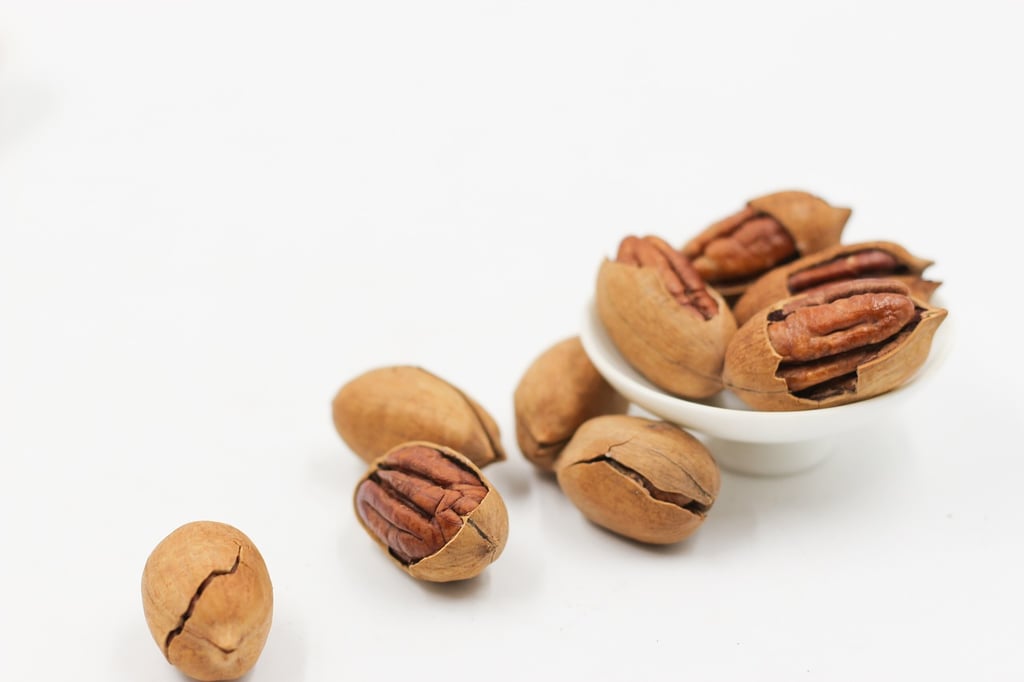
Understanding the Nutritional Value of Pecans
Understanding the Nutritional Value of Pecans Pecans are not only a delicious snack for humans, but you may wonder if they are safe and nutritious for chickens as well. Understanding the nutritional value of pecans can help you make an informed decision about incorporating them into your chicken's diet. Pecans offer several essential nutrients that can be beneficial for chickens, but it is important to consider certain factors before feeding them to your feathered friends.
| Nutrient | Amount per 100 grams |
|---|---|
| Protein | 9.2 grams |
| Fat | 72 grams |
| Carbohydrates | 14 grams |
| Fiber | 9.6 grams |
| Vitamin E | 24.4 mg |
| Calcium | 70 mg |
| Phosphorus | 277 mg |
| Magnesium | 121 mg |
Pecans are a good source of protein, healthy fats, and fiber, which are essential for a chicken's overall health and energy levels. The high vitamin E content in pecans also contributes to their nutritional value. Vitamin E is known for its antioxidant properties, which can help protect the cells from damage. However, it is important to note that pecans are relatively high in fat.
While chickens do require some fat in their diet, excessive consumption can lead to weight gain and other health issues. Therefore, pecans should be fed to chickens in moderation to prevent any adverse effects. Additionally, it is crucial to consider the calcium-to-phosphorus ratio in a chicken's diet. Pecans contain a small amount of calcium but are relatively high in phosphorus.
An imbalance in these minerals can disrupt a chicken's bone health and eggshell quality. It is recommended to provide a well-balanced diet that includes other calcium-rich sources, such as crushed eggshells or oyster shells, to balance out the phosphorus intake from pecans. In conclusion, pecans can be a nutritious treat for chickens when introduced in moderation.
They offer valuable nutrients like protein, healthy fats, and fiber. However, it is important to maintain a balanced diet for chickens and ensure the calcium-to-phosphorus ratio is appropriate. Always monitor your chickens' health and consult a veterinarian if you notice any signs of digestive issues or dietary imbalances.
Possible Risks of Feeding Pecans to Chickens
While pecans are a delicious and nutritious treat for humans, it's important to note that they may not be suitable for chickens. Chickens have different dietary needs and certain foods can pose risks to their health. Here are some potential risks associated with feeding pecans to chickens:
| Risk | Description |
|---|---|
| Gastrointestinal Issues | Pecans are high in fat and can be difficult for chickens to digest. Consumption of large quantities of pecans may lead to gastrointestinal issues such as diarrhea, bloating, and even digestive blockages. |
| Choking Hazard | Chickens may not properly chew pecans before swallowing them, which can result in choking. The hard texture of pecans increases the risk of choking, especially if chickens are given whole or large pieces of pecans. |
| Toxicity | Pecans contain a compound called juglone, which can be toxic to chickens when consumed in large amounts. Juglone is mainly found in the outer husk of the pecan and can cause digestive disturbances, liver damage, and even death. |
| Imbalanced Diet | Feeding too many pecans to chickens can disrupt their balanced diet. Pecans should be considered as a treat and not a staple food for chickens. Excessive consumption of pecans can lead to nutritional imbalances and deficiencies. |
Considering these potential risks, it is advisable to limit or avoid feeding pecans to chickens. It's essential to prioritize their overall well-being and provide them with a diet that meets their specific nutritional requirements. Rather than pecans, there are other safer and more suitable options for chicken treats that you can explore.
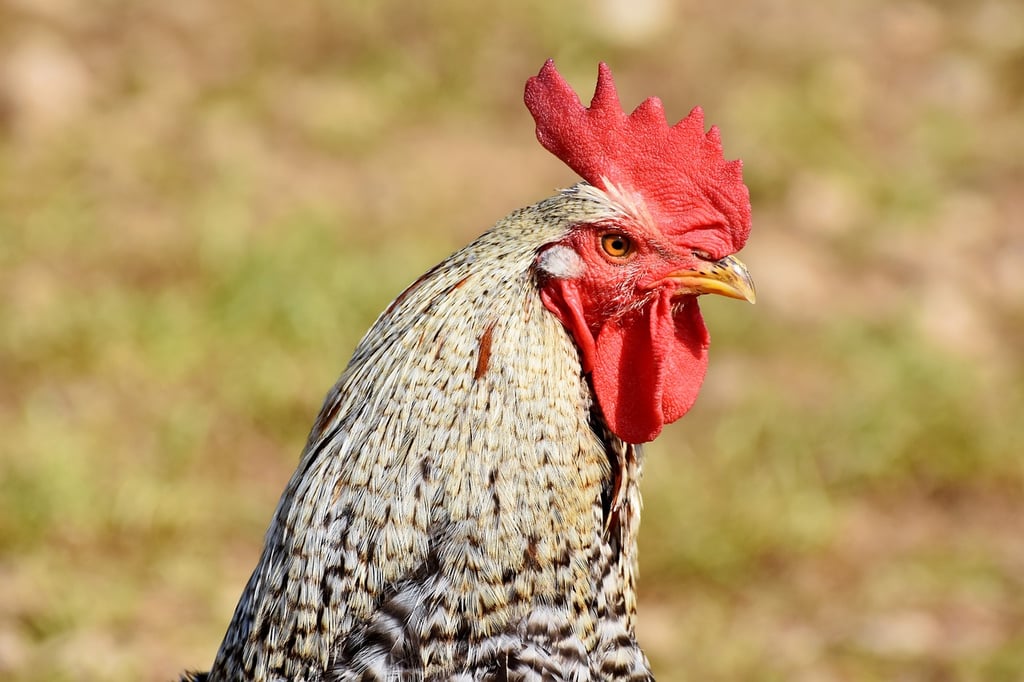
Signs of Pecan Toxicity in Chickens
Carefully monitoring the signs of pecan toxicity in chickens is crucial to ensure their health and well-being. While pecans can be a tasty treat for humans, they may have adverse effects on chickens if consumed in large quantities or in an inappropriate manner. Here are some key signs to look out for:
| Signs | Description |
|---|---|
| Weakness and Lethargy | Chickens experiencing pecan toxicity may display signs of weakness and lethargy. They may have difficulty moving around or exhibit a general lack of energy. |
| Loss of Appetite | One common symptom of pecan toxicity in chickens is a sudden loss of appetite. Chickens may refuse to eat their regular feed or show disinterest in their usual treats. |
| Diarrhea | Consuming pecans in excessive quantities can lead to digestive issues in chickens, often resulting in loose stool or diarrhea. This can be a sign that the pecans are not being properly digested. |
| Increased Thirst | Chickens affected by pecan toxicity may exhibit increased thirst and drink more water than usual. This could be due to the adverse effects of the pecans on their system. |
| Labored Breathing | In severe cases of pecan toxicity, chickens may experience difficulty breathing, often characterized by rapid or labored breaths. This is a serious sign that requires immediate veterinary attention. |
| Abdominal Discomfort | Chickens may display signs of abdominal discomfort if they have consumed pecans. They may appear restless, frequently pecking at their abdomen or stretching their wings in discomfort. |
| Neurological Symptoms | In rare cases, chickens may exhibit neurological symptoms such as tremors, convulsions, or paralysis after consuming pecans. These symptoms indicate a severe toxic reaction and require urgent veterinary care. |
If you observe any of these signs in your chickens after they have consumed pecans, it is essential to take immediate action. Remove pecans from their diet and contact a veterinarian for guidance. Remember, prevention is always better than cure when it comes to the well-being of your feathered friends.

Safe Practices for Feeding Pecans to Chickens
Find out whether pecans are a suitable food for chickens and learn how to safely incorporate them into their diet to maintain their health and well-being.
While pecans can be a nutritious addition to a chicken's diet when given in moderation, it is crucial to follow safe practices to avoid any potential harm to your feathered friends.
1. Introduce Pecans Gradually:
When offering pecans to your chickens for the first time, it is important to start with small quantities. This allows their digestive system to adjust and minimize the risk of any adverse reactions or digestive issues.
2. Chop or Crush Pecans:
Pecans are relatively large nuts, which can pose a choking hazard for chickens, especially smaller ones or those who have difficulty breaking them down. To make pecans safer for consumption, consider chopping or crushing them into smaller pieces before feeding them to your flock.
3. Avoid Using Salted or Seasoned Pecans:
When offering pecans to your chickens, make sure to use plain, unsalted pecans. Salt and seasonings commonly added to pecans can be harmful to chickens and may cause them to become dehydrated or suffer from other health issues.
4. Moderation is Key:
Pecans, like many other treats, should be given to chickens in moderation. They should not replace their main diet, which should consist primarily of a balanced chicken feed that meets their nutritional needs. Overfeeding pecans or any treat can lead to obesity and potentially other health problems.
5. Monitor for Any Adverse Reactions:
While pecans are generally safe for chickens, it is important to keep a close eye on your flock after introducing them to pecans. Watch out for any signs of digestive upset, allergic reactions, or unusual behavior. If you notice any negative effects, it is best to discontinue feeding pecans and consult a veterinarian if necessary.
| Safe Practices for Feeding Pecans to Chickens: |
|---|
| 1. Introduce Pecans Gradually |
| 2. Chop or Crush Pecans |
| 3. Avoid Using Salted or Seasoned Pecans |
| 4. Moderation is Key |
| 5. Monitor for Any Adverse Reactions |
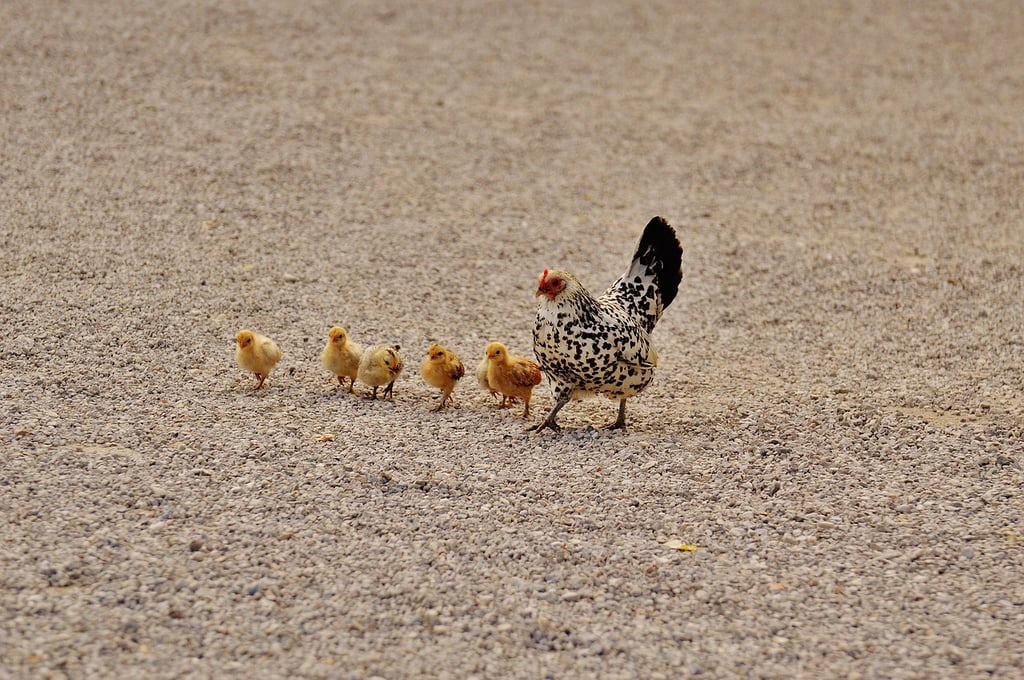
Alternatives to Pecans for Chicken Treats
When it comes to providing treats for your chickens, it's essential to offer a variety of options to keep them healthy and happy. While pecans may not be suitable for chickens due to their high fat content, there are plenty of alternative treats that you can provide. These alternatives will still give your chickens a tasty and nutritious treat without the potential risks associated with pecans.
- 1. Fruits and Vegetables: One of the best alternatives to pecans for chicken treats is fresh fruits and vegetables. Chickens enjoy a wide variety of produce such as apples, berries, peas, carrots, and leafy greens. These treats are not only delicious but also packed with essential vitamins and minerals.
- 2. Grains and Seeds: Another option for chicken treats is grains and seeds. You can offer your chickens small amounts of whole grains like oats, barley, or wheat berries. Additionally, seeds like flaxseeds or sunflower seeds can provide a healthy source of protein and fats. Just make sure to offer these treats in moderation as part of a balanced diet.
- 3. Mealworms and Insects: Chickens are natural foragers and enjoy hunting for insects. Mealworms make an excellent protein-rich treat for chickens. They are readily available at pet stores or can be purchased online. You can also consider offering other small insects like crickets or earthworms for an added variety.
- 4. Cooked Eggs: Eggs are a great source of protein, and chickens can enjoy them as a treat too. You can offer them boiled or scrambled eggs as an occasional treat. It's important to cook the eggs thoroughly to avoid any risk of salmonella transmission.
- 5. Herbs and Greens: Fresh herbs such as parsley, mint, or basil can be given as a treat to chickens. These herbs not only add flavor but also offer health benefits like antioxidants and digestive support. Additionally, chickens can enjoy leafy greens like spinach or kale, which provide essential nutrients to keep them healthy.
- 6. Commercial Chicken Treats: If you prefer convenience, there are commercially available chicken treats in the market. These treats are specifically formulated with a balanced blend of grains, seeds, and other nutrients to promote chicken health. Always read the labels and choose treats that are free from harmful additives or preservatives.
Remember to introduce any new treats gradually and in moderation. Too many treats can disrupt the balance of their diet and lead to health issues. It's important to prioritize their regular feed and use treats as a supplemental source of nutrition. By offering a variety of alternatives, you can ensure that your chickens have a wide range of enjoyable and safe treats while maintaining their overall well-being.
Benefits of a Balanced Diet for Chickens
Diet plays a crucial role in the overall health and well-being of chickens. Providing them with a balanced diet ensures that they receive all the necessary nutrients to support their growth, development, and egg-laying abilities. Here are some key benefits of maintaining a balanced diet for chickens:
1. Optimal Growth and Development: A balanced diet consisting of a variety of grains, seeds, fruits, vegetables, and protein sources like insects or legumes provides chickens with the essential nutrients they need for healthy growth and development. These nutrients include proteins, carbohydrates, fats, vitamins, and minerals that contribute to bone and muscle development, feather quality, and overall vitality.
2. Nutrient Absorption: A balanced diet allows chickens to efficiently absorb nutrients from their food. The presence of a diverse range of nutrients ensures that chickens can digest and utilize these nutrients effectively. This is essential for maintaining good health and preventing deficiencies or imbalances that can lead to various health issues.
3. Improved Immune Function: Chickens with a balanced diet are better equipped to defend against diseases and infections. Essential nutrients like vitamins A, C, and E, as well as minerals like zinc and selenium, play a crucial role in supporting immune function. With a strong immune system, chickens are less likely to fall ill and more capable of fighting off pathogens.
4. Enhanced Egg Quality: For those raising chickens for their eggs, a balanced diet can significantly impact the quality of the eggs produced. Nutrients such as omega-3 fatty acids, vitamin D, and calcium contribute to strong eggshells, vibrant yolks, and improved nutritional value. Including a variety of feed sources in their diet ensures a well-rounded nutrient profile in the eggs.
5. Maintained Optimal Weight: A balanced diet helps chickens maintain a healthy weight. Obesity or malnourishment can lead to various health problems, including reproductive issues and reduced egg production. Providing the right amount of feed, along with a diverse range of nutrients, supports chickens in maintaining an ideal weight for optimal health and performance.
6. Overall Health and Longevity: Ultimately, a balanced diet contributes to overall health and longevity in chickens. By meeting their nutritional needs, chickens are less prone to illnesses, diseases, and deficiencies. A well-fed and healthy chicken is not only happier but also more likely to live a longer and more productive life.
In conclusion, ensuring that chickens receive a balanced diet is essential for their growth, development, immune function, egg quality, weight management, and overall well-being. By offering a varied and nutrient-rich diet, chicken owners can support the health and vitality of their flock, leading to happier and more productive chickens.
Find out whether pecans are a suitable food for chickens and learn how to safely incorporate them into their diet to maintain their health and well-being.
Faqs
-
Can chickens safely eat pecans?
Yes, chickens can eat pecans, but it should be done in moderation and with caution. Pecans can provide some nutritional benefits, but there are also potential risks involved.
-
What are the risks of feeding pecans to chickens?
Feeding pecans to chickens in excessive amounts can lead to obesity, digestive issues, and even pecan toxicity. Pecans are high in fat and can be difficult for chickens to digest in large quantities.
-
How can I safely incorporate pecans into my chickens' diet?
If you want to feed your chickens pecans, it's important to do so sparingly. You should ensure the pecans are finely chopped or crushed to make them easier to eat and digest. It's best to mix pecans with other healthy treats and make sure they have a balanced diet overall.



